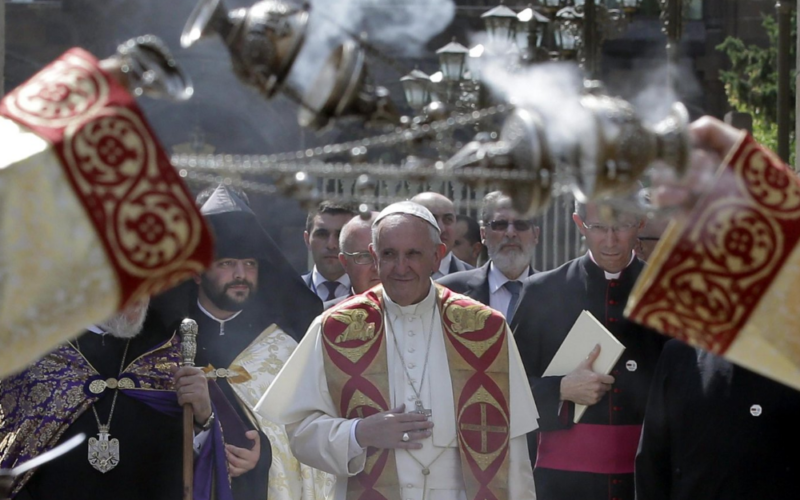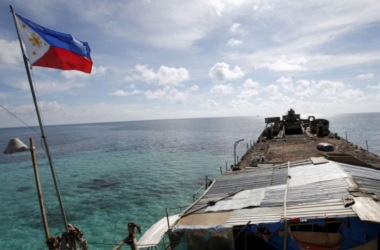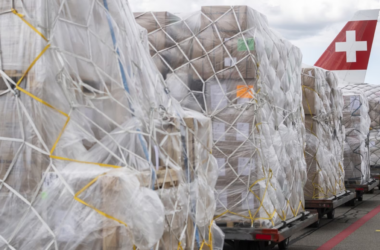Pope Francis delivered a strong condemnation of the recent Iranian missile attack on the Kurdistan region in northern Iraq, urging all involved parties to exercise restraint and prevent the escalation of conflicts in the Middle East. The strike, which targeted an urban area in Erbil, the capital of the autonomous region of Iraqi Kurdistan, has heightened concerns about the increasing instability in the region, particularly in the aftermath of the war between Israel and Hamas that erupted on October 7. With Iran’s allies from Lebanon, Syria, Iraq, and Yemen becoming involved, the situation has become more complex.
During his weekly audience at the Vatican, Pope Francis expressed his closeness and solidarity with the victims of the missile attack, emphasizing that all casualties were civilians. He stressed the significance of building good relations between neighbors through dialogue and collaboration, rather than resorting to actions that contribute to tensions in the Middle East and other areas of conflict. The Pope’s appeal for de-escalation echoed the global concern over the potential for a widening conflict in the region.
In his address, Pope Francis underscored the importance of fostering good relations through dialogue and collaboration, emphasizing that such actions are the foundation for peaceful coexistence among nations. The condemnation of the missile attack on Erbil was accompanied by a broader call for diplomatic solutions to prevent further hostilities. The Pope’s words carried a weighty message as he urged leaders to prioritize dialogue over actions that contribute to regional tensions.
The Iranian missile strike on Iraqi Kurdistan has fueled worries about the deepening instability across the Middle East. The involvement of Iran’s allies in Lebanon, Syria, Iraq, and Yemen adds complexity to an already volatile situation. The Pope’s condemnation reflects the global anxiety surrounding the potential consequences of conflicts in the region and the urgent need for diplomatic efforts to quell tensions.
Pope Francis concluded his address by calling for prayers for the “many victims of war.” He specifically mentioned Ukraine, Gaza, and other Palestinian territories, as well as Israel. The Pope’s inclusion of these regions highlighted the interconnectedness of conflicts globally and the shared responsibility of the international community to work towards peace.
Pope Francis’ condemnation of the Iranian missile attack on Iraqi Kurdistan and his appeal for de-escalation underscore the critical need for diplomatic solutions to address the growing tensions in the Middle East. As the global community watches these developments closely, the Pope’s words carry moral weight, emphasizing the importance of fostering good relations, engaging in dialogue, and prioritizing peace over actions that could lead to further instability in the region. The coming days will reveal whether world leaders heed this call and work collectively towards diffusing the mounting crises in the Middle East.








